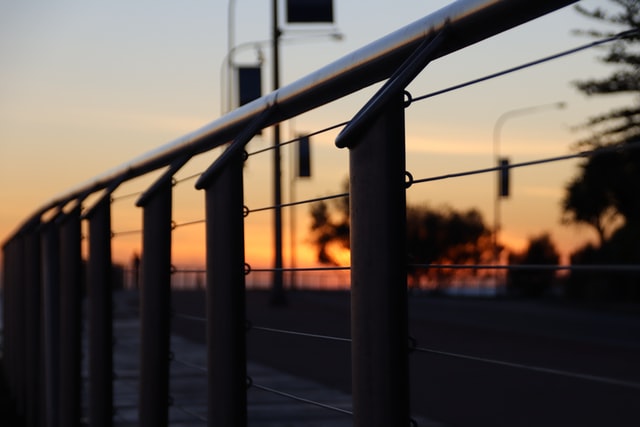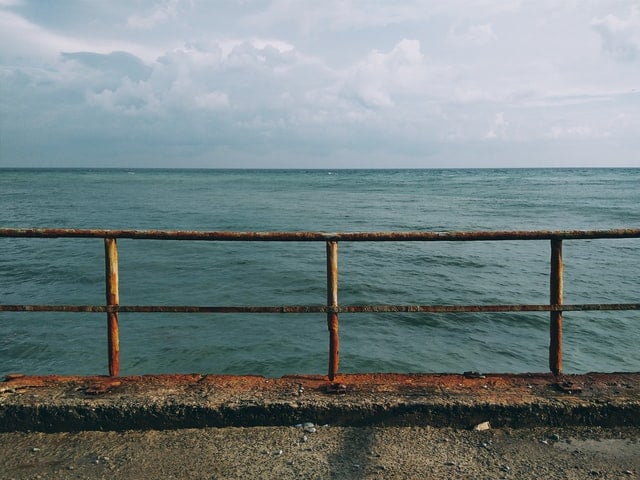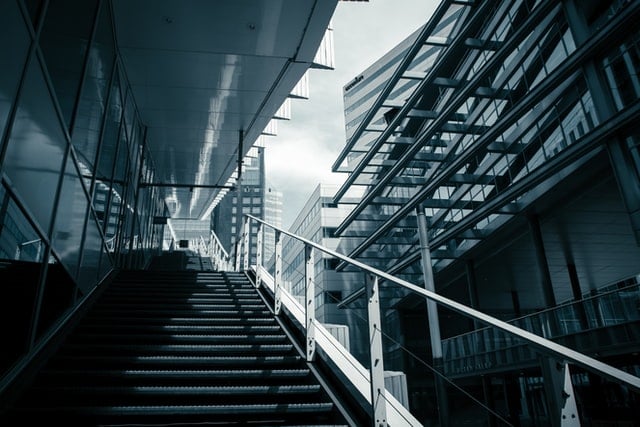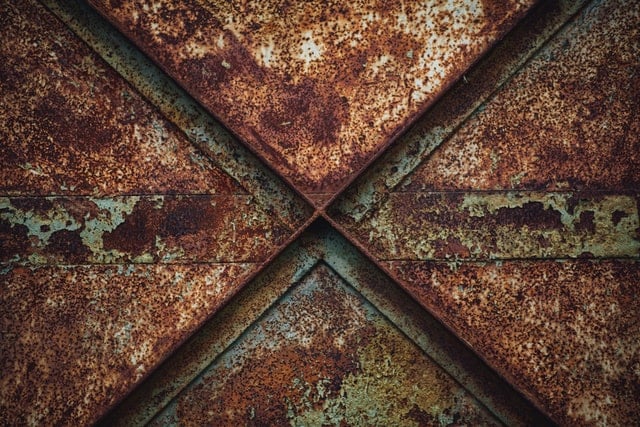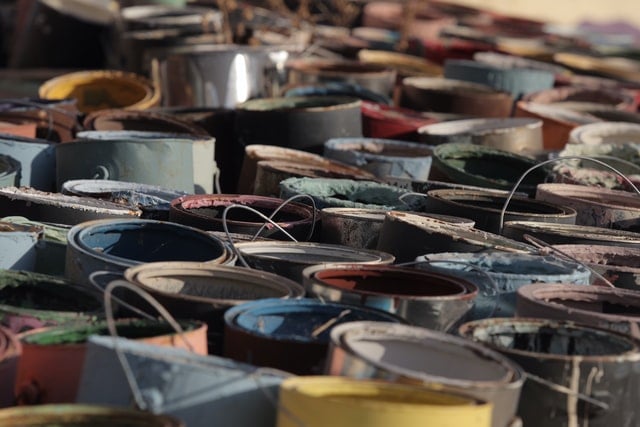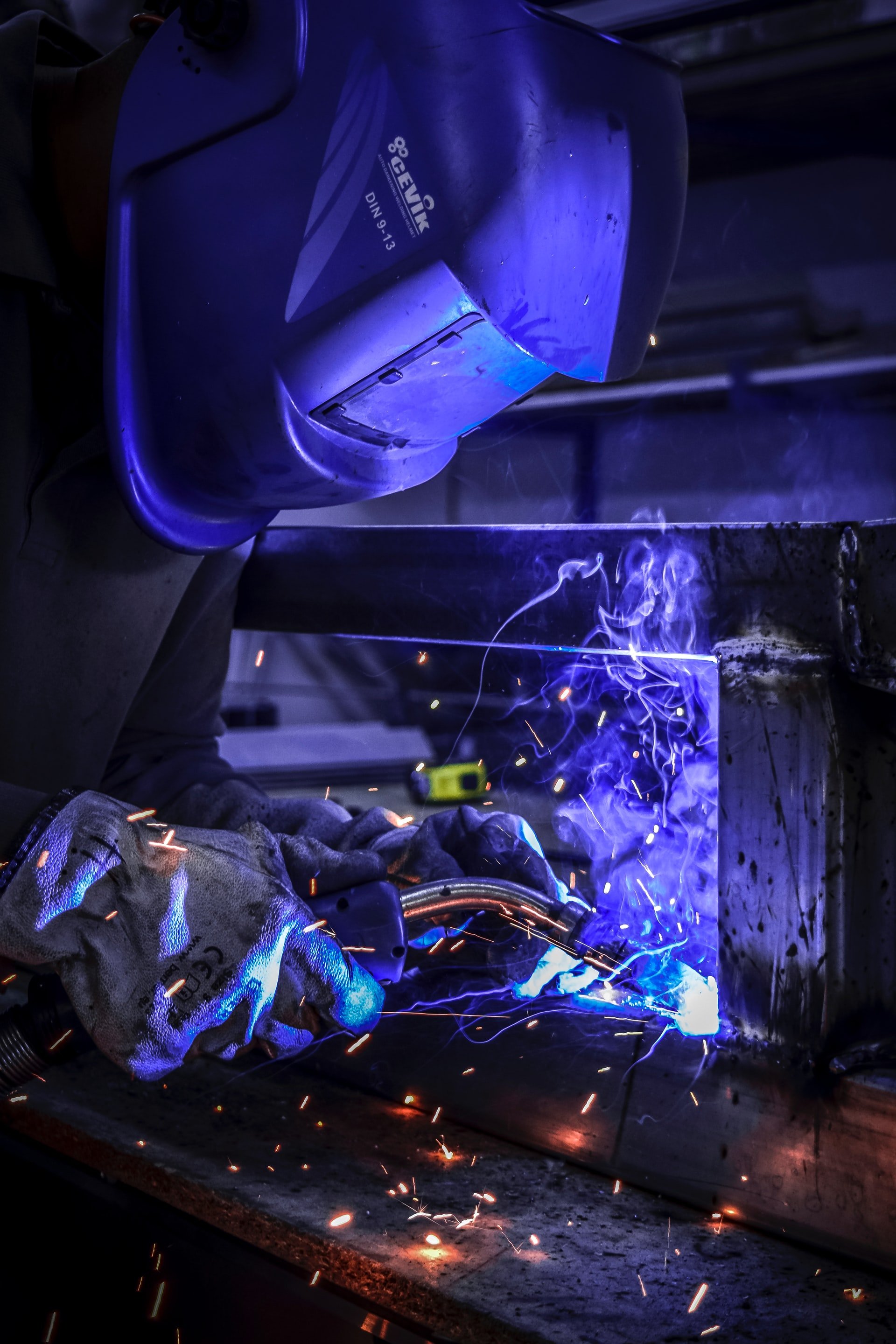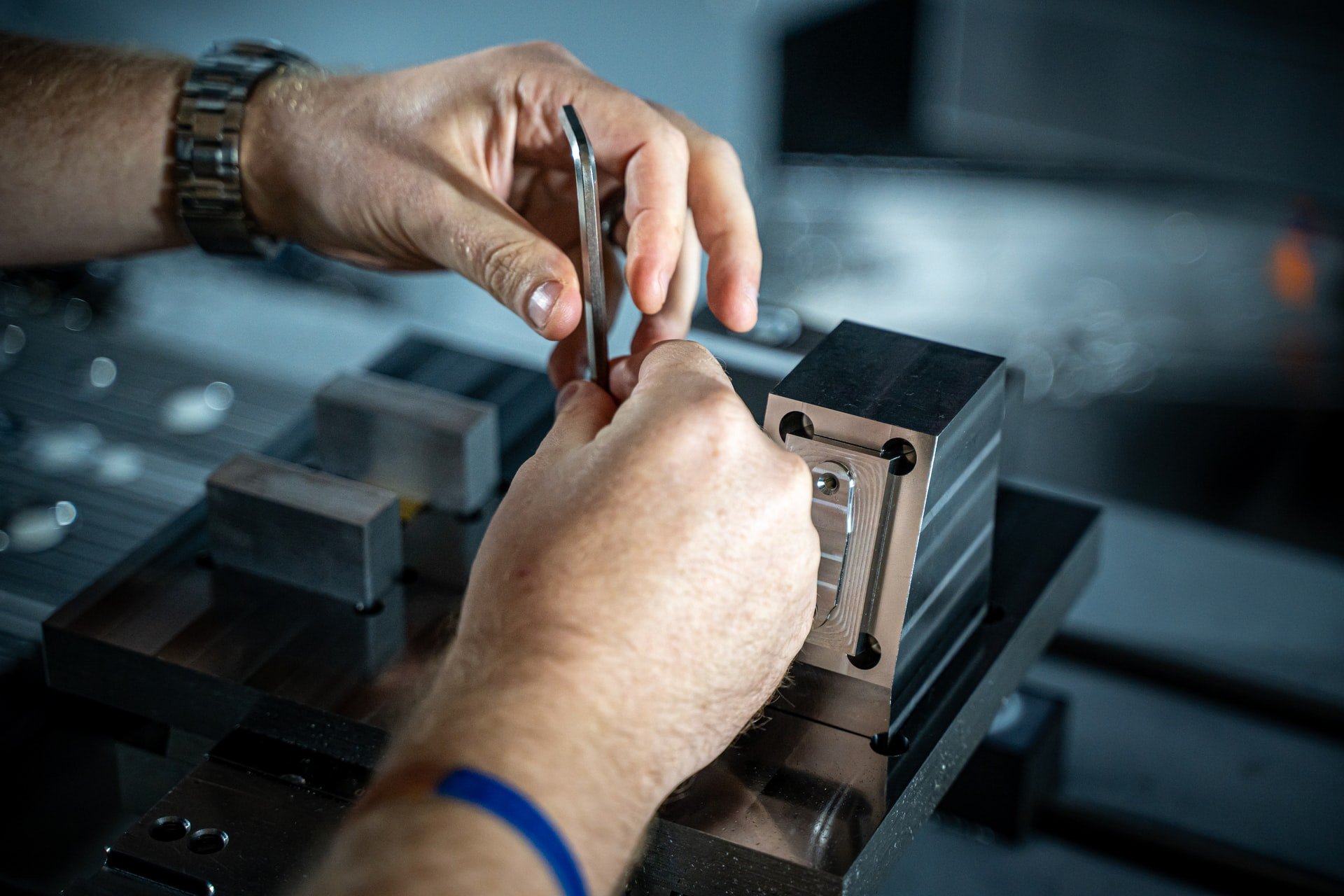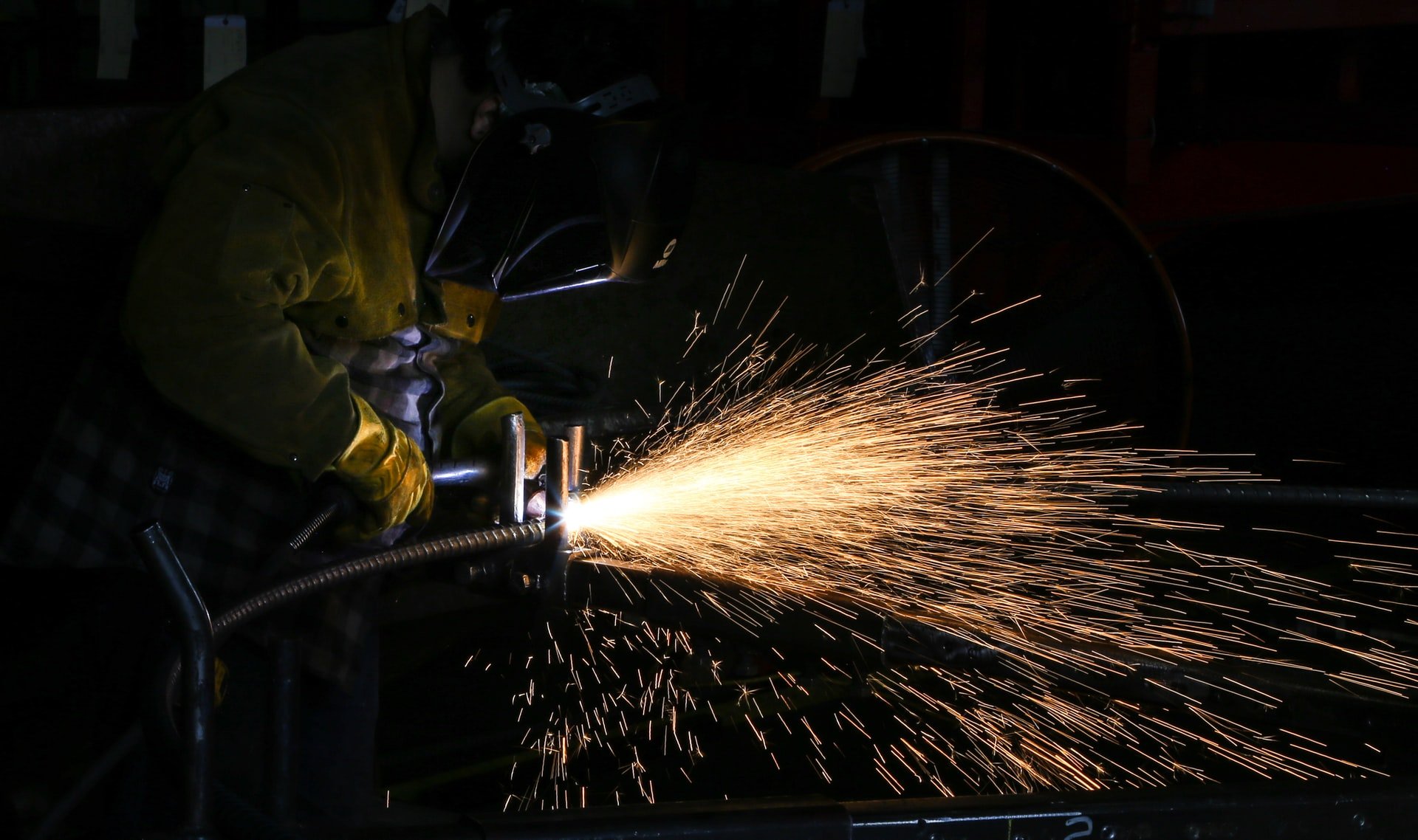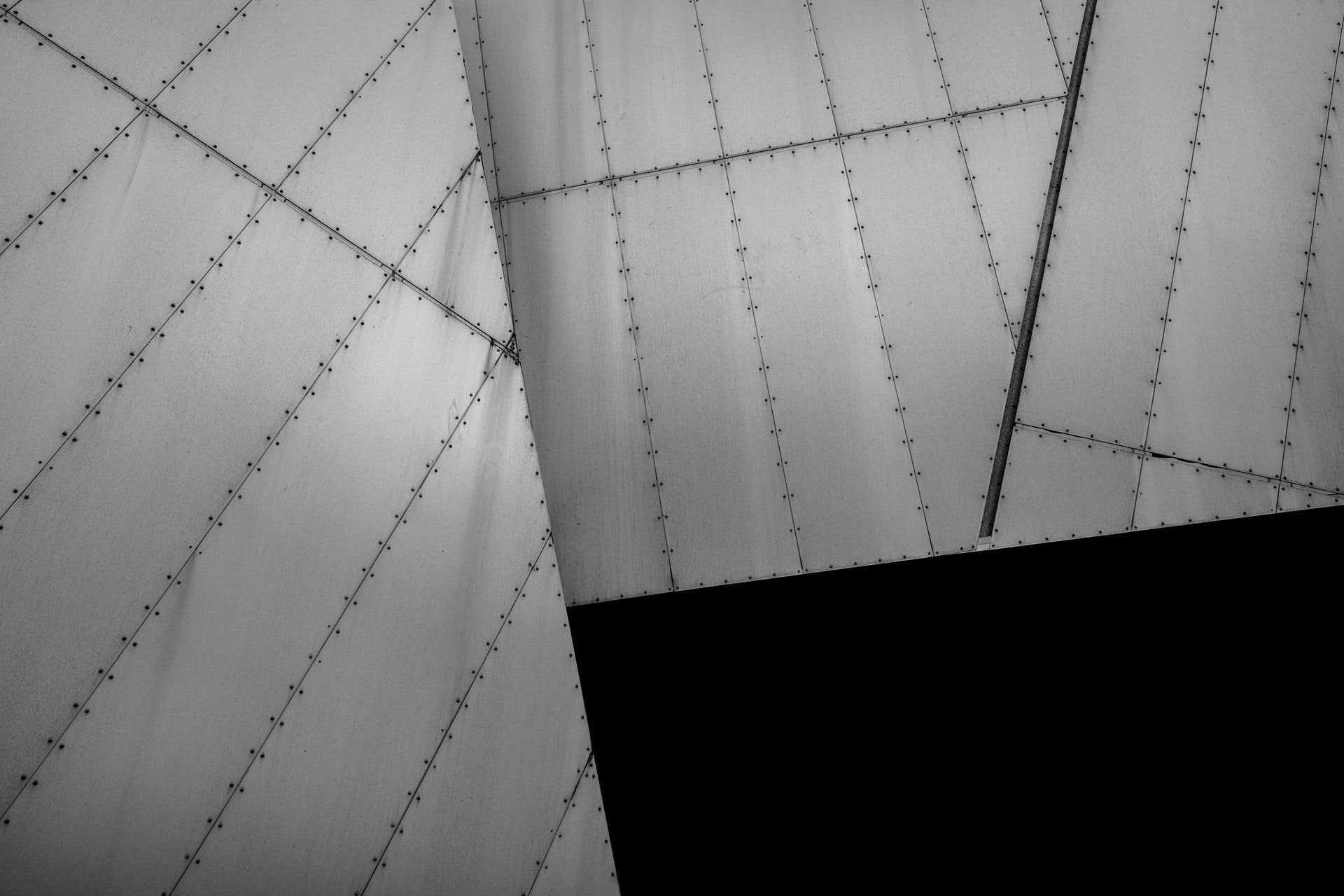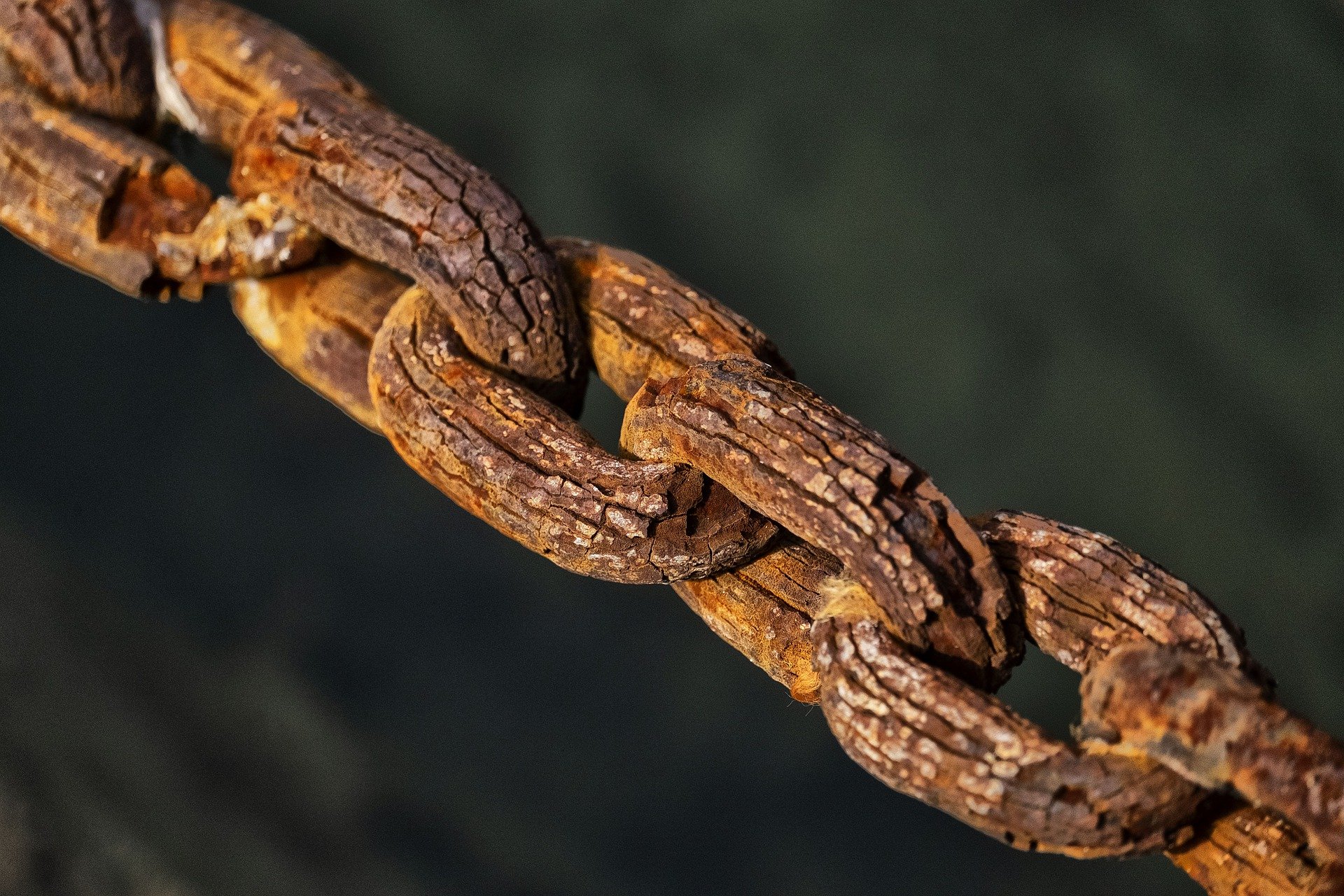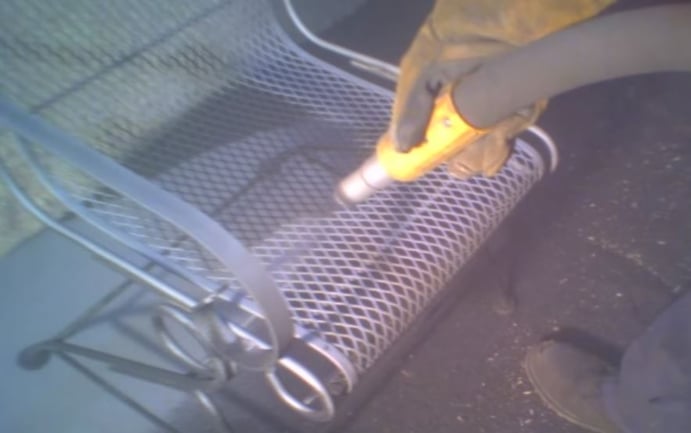
The question of how to maintain clean sand blasted surfaces before the coating process is a familiar one.
Preventing Flash Rust
The biggest threat to worry about a sand blasted surface is the re-emergence of rust. Immediately after a metal has undergone sand blasting, rust can form on it, depending on the environment it is exposed to.
Humidity is one element that triggers flash rust. When a blasted area is left in a place with high humidity, it is likely to accumulate corrosive build-ups. Salts are other reasons flash rust may occur on sand blasted surfaces. The composition of flash rust will vary depending on its formation.
Rust bloom, also called re-rust, is a type of corrosive build that forms on new surface. It spreads over a large portion of the surface and takes several days to form. Rust-back is the corrosion that is caused by moisture in the air.
To reduce or eliminate the chances of flash rust on sand blasted surfaces keep sand blasted areas as dry as possible as this will help prevent rust-back. A sand blasted surface should not be exposed to high humidity, if stored inside, consider using a dehumidifier in the room to keep the surrounding air dry.
The accumulation of rust, soluble salts and other contaminates is always a big concern with sand blasted surfaces.
Cleaning Tips
Sand blasted surfaces should be cleaned with products that will eliminate all contaminants without compromising the quality of the metal. The market is filled with material-specific cleaning agents that can help with degreasing and rust removal. The trick is to find a product that works with the coating that will be applied.
Cleaners with rust inhibitors work well on ferrous metals when trying to keep a sand blasted surface from re-contamination. Ensure that whatever solvent is used for cleaning doesn’t leave residues.
Why Surface Maintenance Matters
For instance, some surface coatings will even fail to adhere to the surface if it is not sufficiently cleaned. Poorly maintained surfaces will affect the finished coat , depending on how much contamination occurs.
For advice on surface treatments and maintenance, please don’t hesitate to call us on 01945 464637.




